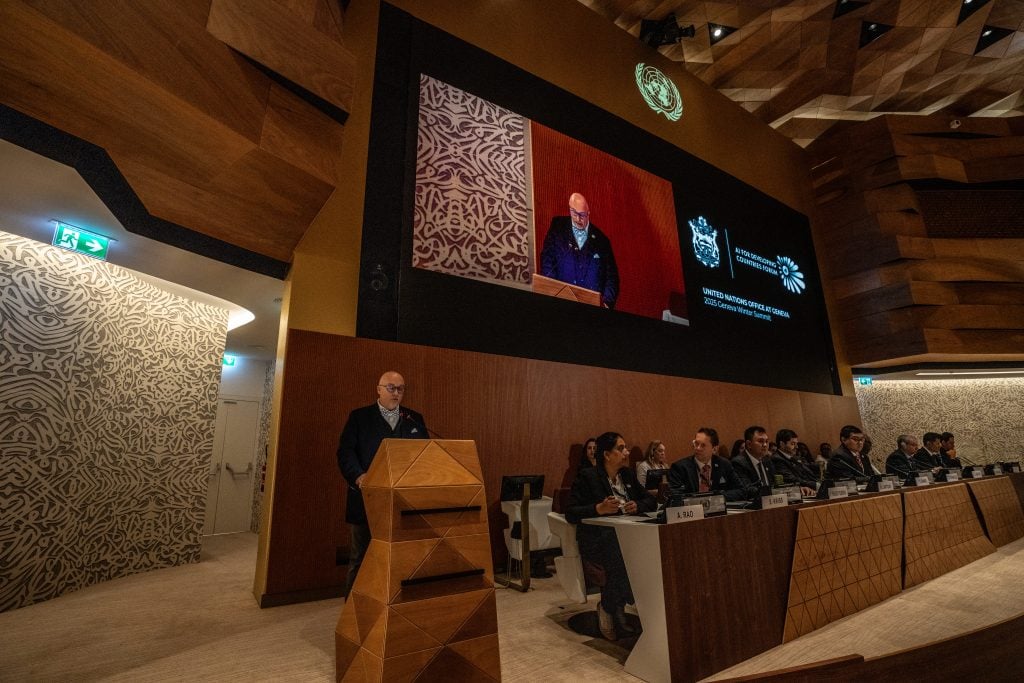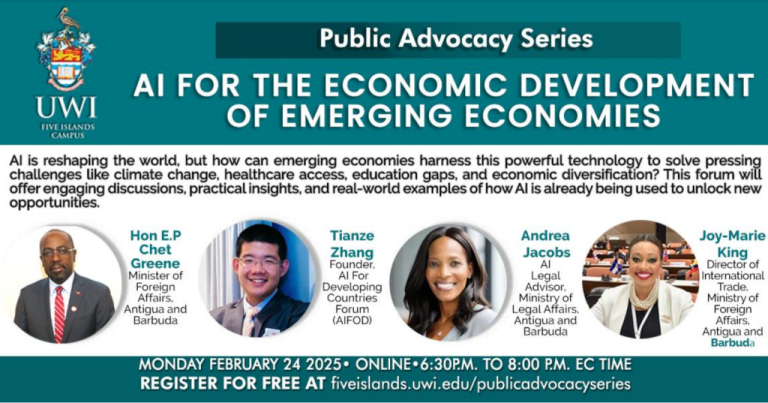Embracing the Late Mover Advantage: A Strategic AI Blueprint for Developing Countries
Moreover, the scalability of AI and the accessibility of open-source platforms have significantly diminished barriers to market entry. Today, startups can leverage AI to close skill gaps, optimize processes, and drive innovation without the hefty capital investments once deemed necessary. This innovation enables even small businesses to compete effectively in various sectors, including agriculture, supply chain management, and tourism, among others.
By adopting AI from the start, developing nations can attract global interest while fostering crucial, inclusive, and sustainable growth. The concept of late mover advantages suggests that arriving after others is less of a disadvantage and more of a golden opportunity. Freed from conventional methodologies, these countries can explore innovative, AI-centric solutions tailored to their specific contexts, focusing on sectors like primary healthcare, education, and agriculture.
Small and developing nations have the potential to disrupt industries and produce significant innovations. This potential is increasingly acknowledged as local teams, armed with contextual knowledge, are often best positioned to develop solutions that create genuine local or regional impact. AI also serves as a formidable instrument for nurturing small business growth. It mitigates the necessity for costly infrastructures, empowers local talent, and enables businesses to swiftly enter lucrative markets.
This transition transcends technology; it’s about redefining the global economy to ensure that developing countries flourish in this competitive landscape. Building on this base, it is crucial to translate local market needs into tangible breakthroughs. Developing nations possess access to unique data and cultural insights that empower them to create solutions that resonate strongly with their populations.
In a multitude of sectors, AI can tackle region-specific issues, offering customized solutions rather than merely replicating generic global frameworks. As smaller entities shift from imitation to innovation, their regional expertise allows them to uncover new prospects. AI equips them with the agility to adapt and scale promptly while staying connected to the distinctive requirements and strengths of their communities. This flexibility enhances their competitiveness not only locally but also at regional and occasionally global levels.
Collaboration plays a pivotal role in this landscape. Alliances between local entrepreneurs, international investors, and multinational corporations can fast-track AI development. These partnerships merge local insights with global expertise, facilitating seamless knowledge transfer and capacity enhancement. In the Global South, we have witnessed a burgeoning culture of collaboration, contrasting with many developed countries where competition often stifles advancement. The Global South promotes partnerships focused on shared goals, which enables countries to implement AI solutions more rapidly and bolster their resilience, positioning them as influential players on the global stage.
This spirit of cooperation is instrumental in establishing robust AI ecosystems through the alignment of regulations, governance, supply chains, and research with rising AI industries. When governments, businesses, and academic institutions work in unison, these ecosystems transform into vibrant hubs for growth and innovation, adept at developing talent, supporting entrepreneurship, and addressing tangible challenges.
Such an ecosystem allows countries to fulfill immediate needs while laying the groundwork for long-term advancement. Above all, we must not lose sight of the notion that the true value of AI lies in its application, whether in developing or developed nations. Its influence hinges on strategies that prioritize humanity, inclusivity, problem-solving, and shared opportunities. AI possesses the potential to reshape industries, unlock inherent potential, and ensure that no one is overlooked.
Let us seize this moment to collaboratively ensure that AI fosters growth and equity for everyone. Thank you.”






